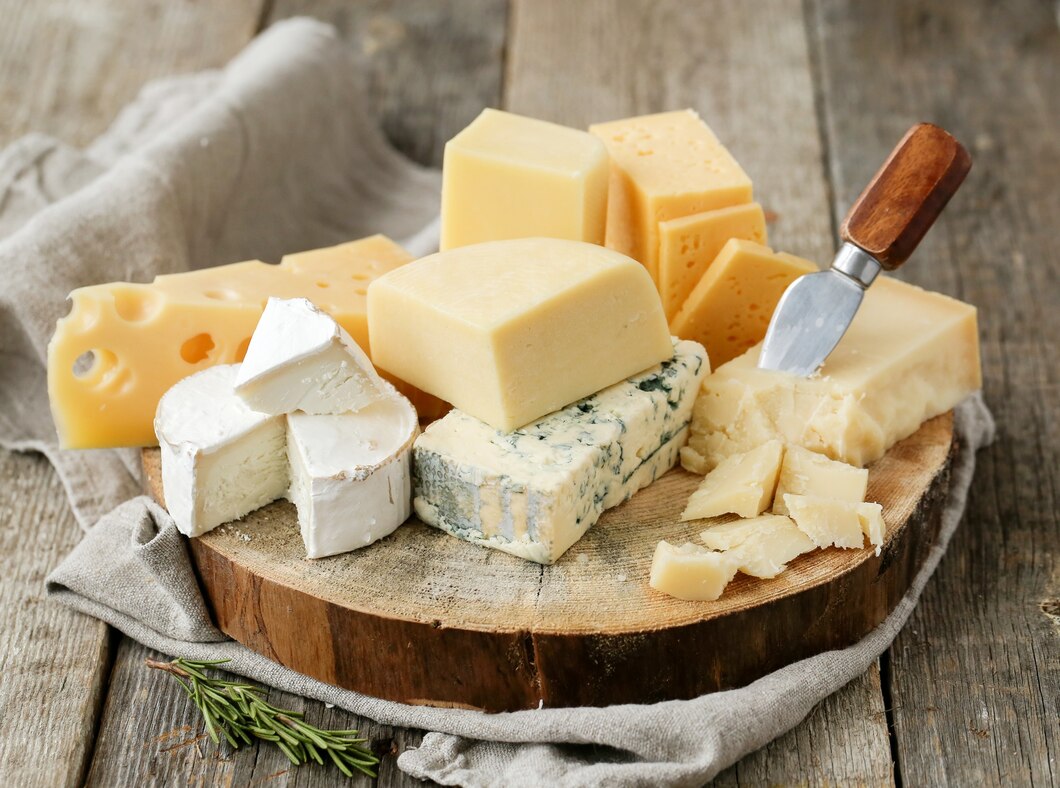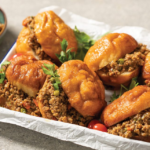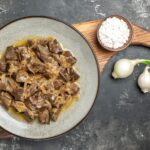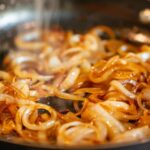Quality sleep is essential for overall health and well-being, yet many people struggle to get enough restful sleep. Diet plays a crucial role in sleep quality, and certain foods can interfere with your ability to fall asleep and stay asleep. Here are 20 foods South Africans should avoid for better sleep.
1. Caffeine-Rich Beverages
Examples: Coffee, tea, energy drinks
Caffeine is a stimulant that can keep you awake and disrupt your sleep cycle. It’s best to avoid caffeine at least six hours before bedtime.
2. Chocolate
Chocolate contains caffeine and theobromine, which can increase heart rate and cause sleeplessness. Dark chocolate, in particular, has higher caffeine content.
3. Spicy Foods
Examples: Chili, hot sauce, curry
Spicy foods can cause indigestion and heartburn, making it difficult to sleep comfortably. They can also raise your body temperature, disrupting your natural sleep patterns.
4. High-Sugar Foods
Examples: Candy, cookies, sugary cereals
Foods high in sugar can cause a spike in blood sugar levels, leading to an energy surge followed by a crash. This can interfere with your ability to fall asleep and stay asleep.
5. Fried and Fatty Foods
Examples: Chips, fried chicken, greasy burgers
Fried and fatty foods can cause indigestion and acid reflux, making it hard to sleep. They can also take longer to digest, keeping your body active when it should be winding down.
6. Alcohol
While alcohol might help you fall asleep faster, it can disrupt your sleep cycle and reduce the quality of your sleep. It can lead to fragmented sleep and frequent awakenings.
7. Tomatoes
Tomatoes and tomato-based products like sauces and soups are acidic and can cause acid reflux and heartburn, disrupting your sleep.
8. Citrus Fruits
Examples: Oranges, grapefruits, lemons
Citrus fruits are acidic and can cause heartburn and indigestion, making it hard to sleep comfortably.
9. Processed Meats
Examples: Sausages, bacon, ham
Processed meats are high in fat and sodium, which can cause indigestion and dehydration. They often contain preservatives and additives that can interfere with sleep.
10. Cheese
Aged and processed cheeses contain tyramine, an amino acid that can increase brain activity and make it harder to fall asleep.
11. Broccoli and Cauliflower
These vegetables are high in fiber and can cause gas and bloating, which may interfere with comfortable sleep.
12. Ice Cream
Ice cream is high in sugar and fat, which can lead to indigestion and a spike in blood sugar levels, making it hard to fall asleep.
13. Soda
Soda contains caffeine and high amounts of sugar, both of which can interfere with sleep. Even caffeine-free sodas can cause sleep problems due to their high sugar content.
14. Onions
Onions can cause gas and bloating, which can lead to discomfort and disrupt your sleep.
15. Garlic
Garlic can cause heartburn and indigestion, making it hard to sleep comfortably.
16. Pizza
Pizza is often high in fat and can cause indigestion and acid reflux, particularly if eaten close to bedtime.
17. Nuts
While nuts are healthy, they are also high in fat, which can slow digestion and cause discomfort if eaten in large quantities before bed.
18. Beans
Beans are high in fiber and can cause gas and bloating, which may interfere with comfortable sleep.
19. Crispy Snacks
Examples: Potato chips, pretzels
These snacks are often high in sodium and fat, which can lead to indigestion and dehydration, making it harder to sleep.
20. High-Protein Meals
Large, high-protein meals can take longer to digest and may keep your body active when it should be winding down for sleep.
Tips for Better Sleep
To improve your sleep quality, try incorporating these tips into your routine:
- Eat Light Dinners: Opt for lighter meals in the evening to avoid digestive issues.
- Stay Hydrated: Drink plenty of water throughout the day but reduce intake closer to bedtime.
- Establish a Routine: Go to bed and wake up at the same time every day to regulate your sleep cycle.
- Create a Relaxing Environment: Ensure your bedroom is cool, dark, and quiet to promote restful sleep.
- Limit Screen Time: Avoid screens for at least an hour before bed to reduce blue light exposure, which can interfere with melatonin production.
Avoiding certain foods can significantly improve your sleep quality. By steering clear of caffeine, high-sugar snacks, spicy dishes, and other sleep-disrupting foods, you can enjoy more restful and rejuvenating sleep. Pay attention to your evening eating habits and make adjustments as needed to promote better sleep and overall well-being.








